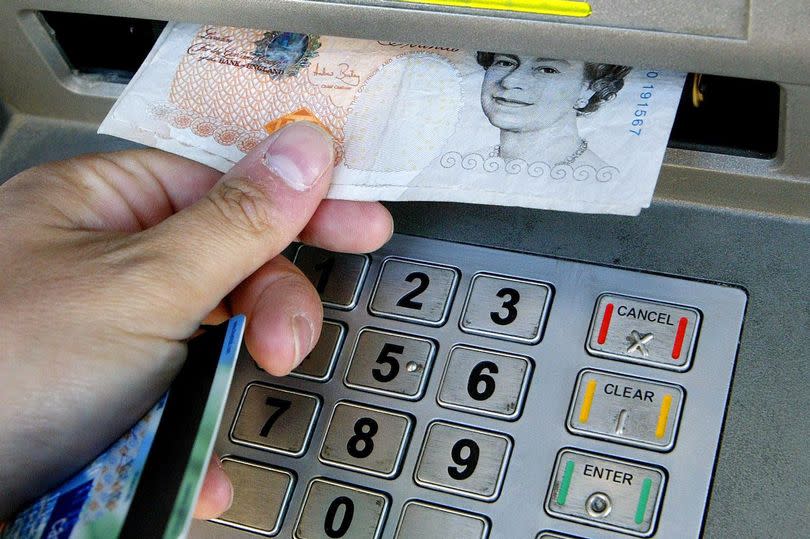Experts issue warning over four popular summer holiday scams to avoid

Which? have issued a stern warning to people heading on their summer holidays with four popular scams catching unsuspecting travellers out.
Action Fraud say that there were 6,640 reports of fraud relating to holidays in 2023 alone, with £12.3m lost to scammers in total.
The average victim lost around £1,851, while also suffering the misery of being tricked and having their plans ruined. Thankfully though, consumer champions at Which? have detailed four of the most prevalent scams to look out for this summer to help people keep their finances safe.
Here, Chronicle Live breaks them down.
Read more: Diet expert Dr Michael Mosley issues scam warning after fraudsters use AI to sell product
Get all the latest money news and budgeting tips from Chronicle Live with our free newsletter
Booking scams
Bogus bookings come in a number of forms, for example, double booked Airbnbs, fraudulent listings, and cloned sites. Entering your detail to the latter can be incredibly costly, as you're handing over personal and financial details over to fraudsters.
The experts say: "When booking on well-known sites, communicate and pay via that platform. Requests to move conversations to a different medium or direct payments elsewhere are a red flag. Check website addresses carefully – cloned sites may look very similar to genuine ones, but the address won't be identical.
"Don't click on links in emails or texts purporting to be from holiday booking sites. Instead, go directly to the verified websites and find the deals yourself. Pay with a debit or credit card to ensure you benefit from chargeback or Section 75 protection if something goes wrong.
"Also, avoid paying by bank transfer or other less protected methods."
Bracelet scams
While it may be an older scam, bracelet ploys continue to be problematic for European hotspots. Scammers will approach unwary tourists and tie bracelets on their wrists in a way that can only be removed by them being cut off.
Fraudsters will then pressure them into paying for the bracelet, and in some cases they can find themselves pickpocketed during the altercation.
ATM skimming
Scammers can install secret skimmers on cash machines to steal banking details from unsuspecting people. Skimmers hold details from a person's bank card - including the card number, expiration date and the name of the account holder.
The practice takes place in the UK ad overseas, but holidaymakers are particularly vulnerable as they won't know what machines abroad should look like. Scammers may also choose to install hidden cameras, fake keyboards and even carry out shoulder surfing to steal information.
Which? say: "Look for any scratches, glue residue, tape or parts of the machine that look slightly different in colour or newer than the rest. Check if the LED light above the card slot is missing. Wiggle the machine to see if it's attached properly.
"Check the card slot as it may be slightly wider than usual if it's hiding a skimmer. Check the keypad as fake ones may feel slightly loose or thick and spongy. Check if there are any holes in the machine as these could be a sign of a hidden camera. Be aware of people around you and cover the keypad with your free hand when entering your details.
"Consider using a machine in a busy area or inside a bank branch where it’s harder for fraudsters to tamper with it."
Overcharging taxis
Another old one, but taxi drivers overcharging still takes place to this day. They could drive you to your destination, only to tell you that the meter is broken before charging a ridiculous sum - while others could have a meter which has been rigged to go up unnaturally fast.
Which? say: "Ask your hotel, tour guide or a trusted local for a rough idea of how much journeys should cost before setting off. Your hotel may also be able to book a reputable taxi service on your behalf."

 Yahoo News
Yahoo News 
